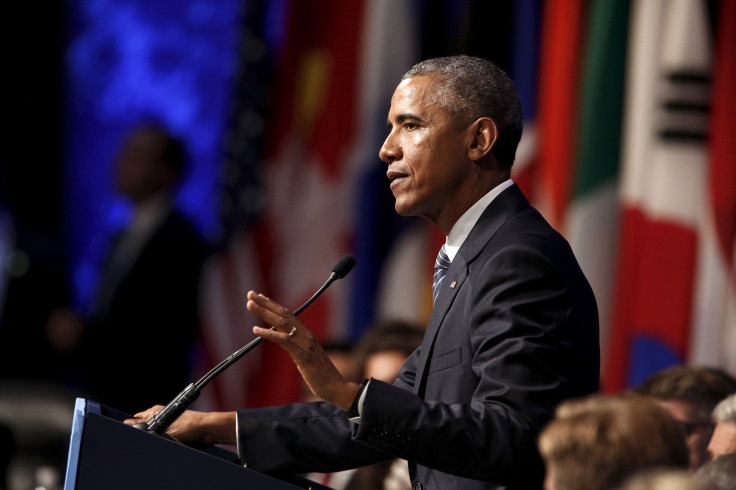US calls meeting of 12 Pacific ministers to finalise TPP terms on Sep. 30

The United States has convened a two-day meeting of ministers from 12 nations that are negotiating a Pacific trade deal. The two-day meeting, between Sept. 30 and Oct. 1, will be held in Atlanta, where the participating countries will try to finalise the terms for the Trans-Pacific Partnership.
The TPP envisages cutting of trade barriers and ushering in common standards for 40 percent of the world economy. President Obama has turned the trade deal into a legacy-defining achievement, despite facing resistance from his own party leaders.
According to the U.S. Trade Representative, the U.S would host the ministers in Atlanta while chief negotiators from countries such as Chile, Australia, New Zealand, Malaysia and Brunei will hold an early meeting from Sept. 26-29.
"Trade ministers and negotiators last met in July and have been making good progress toward resolving the limited number of outstanding issues," the USTR said in a statement.
Politics of TPP
Within President Obama’s own group of Democrats, there is stiff opposition to the trade policy while rival Republicans are supporting the legislation. This will help Mr Obama expedite passage of the TPP if the countries are able to reach a deal, the Wall Street Journal reported.
The politics of TPP have been changing ever since the presidential election campaign started. The American political support was becoming a crucial component of the deal. Hillary Clinton, who was an early votary of the deal, while serving as secretary of state, has withheld her full support to the deal.
The last ministerial talks held in Hawaii failed at arriving at a consensus on the deal and led to an impasse over dairy trade. Other main points of contention included monopoly periods on biologic drugs and rules of origin for autos.
The differences over the percentage of local content in auto trade, had also cast a shadow among the United States, Canada, Japan and Mexico. It is believed these differences are getting resolved and officials are hinting that a final deal would be possible by next week.
Mexico and Canada, which are partners of the United States in the 20-year-old North American Free Trade Agreement, have built automotive supply chains under a threshold of 62.5 percent local content. They are opposing any kind of lower threshold in the TPP, which they fear would tilt the deal in favor of Asian auto parts makers like Thailand and injure their interests. Canadian Prime Minister Stephen Harper has warned that his country's auto sector will be comfortable only if those issues are resolved in the TPP.
Australia and drugs patent
There is also a tussle regarding data protection for biologic drugs. While Washington is pushing for 12 years 'protection, Australia wants it only for five years and Chile is against protection.
For New Zealand, the largest dairy exporter, the TPP will make sense only if it allows it to expand market access. It is putting pressure on the United States and Canada to allow more dairy imports.
For feedback/comments, contact the writer at feedback@ibtimes.com.au or let us know what you think below.





















